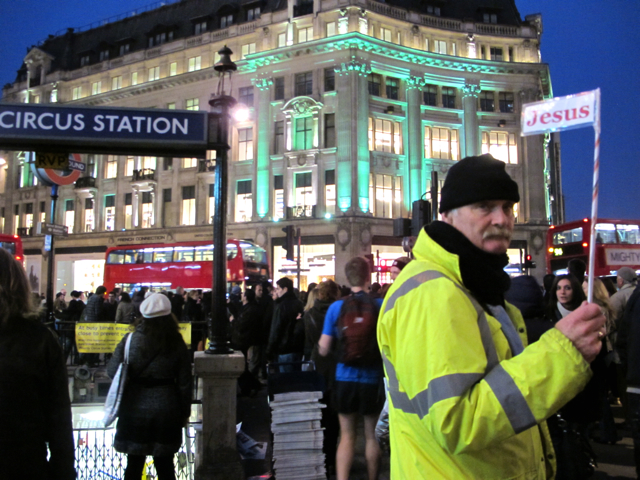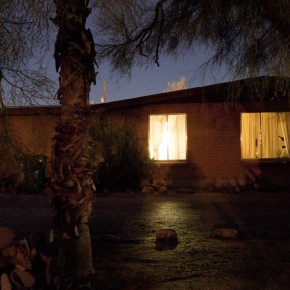Christians could be a minority by 2018, census analysis reveals. So read The Guardian headline, two weeks before Christmas. By no means the first such prominently-featured title of its kind, I took a second look, wondering if I was seeing things. Fortunately, I wasn’t. Not that I have anything against Christians. But, the idea that there could be a Western country in which Christianity is on the decline, is a novel one. Especially considering the extent to which, for Americans, the faith is synonymous with Evangelical Protestantism and rightwing politics.
“China was great,” a queer friend from Texas once told me, upon his return from an academic conference in Beijing. “It’s really the first place I’ve ever been where there’s no Christianity.” Though the religion is in fact growing in the Communist state, there was a lot of truth to what he was saying. Christianity does not inform Chinese culture in the same ways we encounter it in the West, even in European countries (like the United Kingdom) which have not witnessed religious revivals, such as those which periodically take place in the United States. Considering the extent to which homophobia is rampant in American Protestant circles, the hint of secularism, however construed, can be revelatory. Even in states not known for celebrating same-sex relations, like the People’s Republic of China.

Thus, it should come as no surprise that the United Kingdom is moving towards legalizing same-sex marriage before the United States. Especially under the auspices of a Tory-led coalition government. Despite the fact that David Cameron is open to outreach from Christian conservatives, the kind of intolerance, found in the United States, that would inhibit a government like his from considering the option, does not exist to the same degree in Great Britain. Nor does it necessarily have the same kinds of political consequences, either.
This said, that doesn’t mean that there aren’t rightists who want to roll gay rights back, because there are . It just means that the cultural consensus is not necessarily in their favor, as their American counterparts might be better able to claim. The declining influence of religion, in British public life, plays an enormous role in this. Though one would not characterize the Prime Minister as liberal, it’s an aspect of the zeitgeist that he can’t ignore, either.

Still, there’s something troubling about the triumphalism with which atheism is promoted in the UK. Not all religious persons are politically conservative. Similarly, there’s a cultural specificity to religion criticism, which suggests that the problems one associates with conservative Christianity are difficulties universal to religious belief in general. Meaning, in this context, all of the faith traditions of Great Britain, such as Judaism, and the country’s fastest growing religion, Islam. Indeed, there is a hint of elitism about it, which, distressingly, compromises the ideals often associated with being non-religious, such as open-mindedness and egalitarianism,
Sadly, this aspect of atheism is also a sign of the times. Its aristocratic vibe reflects, largely, the fact that secularism tends to be a more obvious reflection of affluence. Considering the high degree of religiosity amongst immigrant communities in the UK – religious Muslims from South Asia, church-going Christians from Central Africa, many of whom are struggling to emerge from the lower rungs of Britain’s economic ladder – the picture becomes that much clearer. Should Britain’s secularizing trend continue, faith commitments will become an even greater class signifier. For worse, I think, considering heightened hostilities towards immigration, due to the worsening economic crisis.
Photographs courtesy of the author





